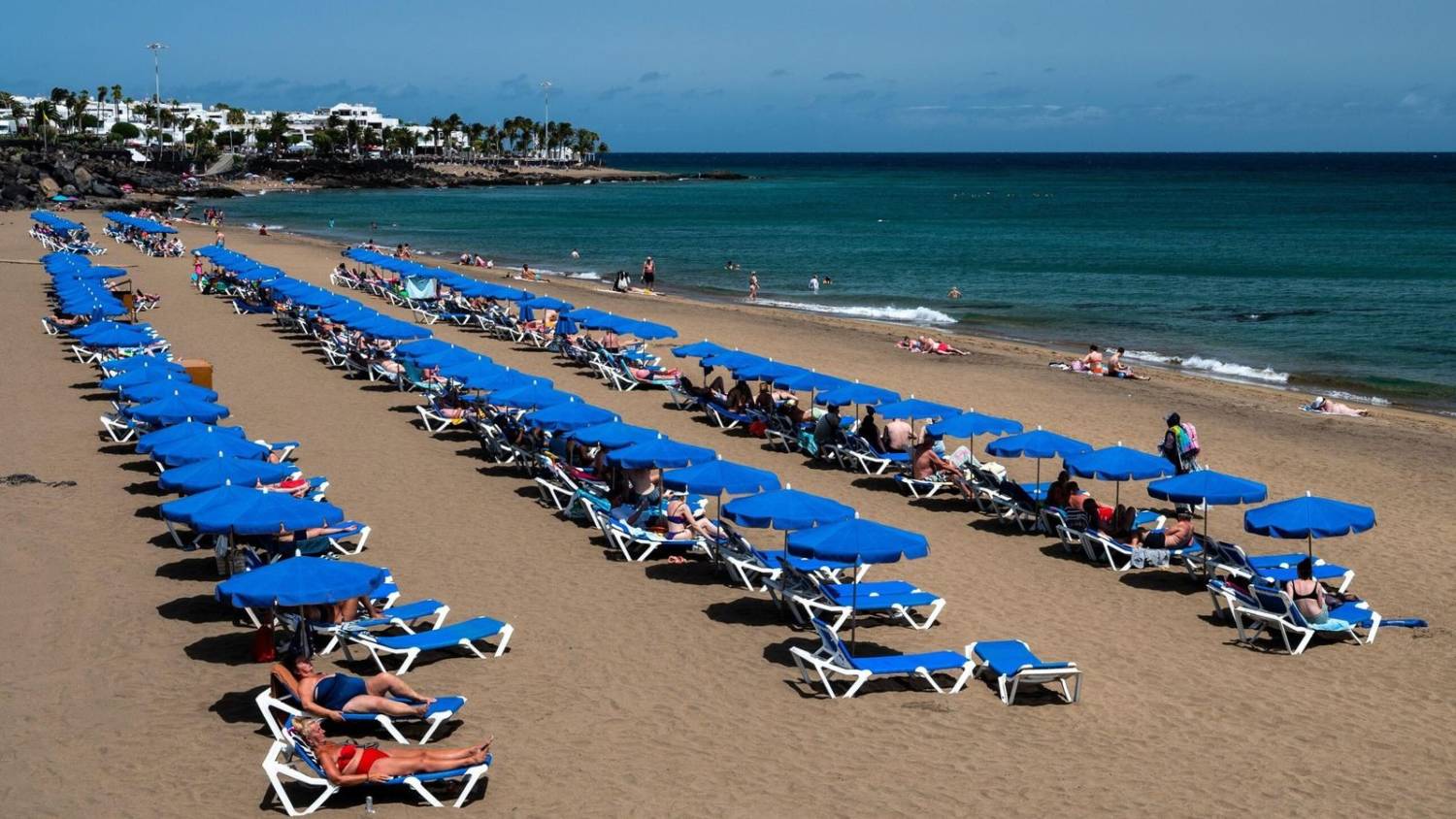Canary Islands Grapple with Overtourism
The Canary Islands, a sun-soaked British holiday favorite, are facing a crisis that has sparked outrage among local residents. The islands, located near the African coast, welcomed nearly five million visitors last year, but this surge in tourism is having dire consequences for the local community.
According to reports from Sky News, the influx of tourists is causing a social and environmental collapse in the region. The situation has become so severe that some inhabitants are now forced to live in their cars or find shelter in caves due to the exorbitant housing costs.
In response to these challenges, local organizations have begun to mobilize. Demonstrations are set for April 20, as protest leaders voice their concerns about the islands’ ability to sustain such high levels of tourism. Ecologists in Action, an environmental advocacy group, has also weighed in on the issue, denouncing the current model of
The economic benefits of tourism are undeniable, with millions of euros flowing into the sector. However, nearly 34% of residents are at risk of poverty or social exclusion, a stark contrast to the thriving tourist industry. Protesters are calling for immediate action, with one organizer, Ivan Cerdena Molina, telling The Olive Press, “We have to change things urgently.”
In an attempt to mitigate the situation, some residents have gone as far as putting up fake signs declaring areas “closed due to overcrowding” to discourage visitors. Despite these efforts, the Canary Islands’ President, Fernando Clavijo, has urged activists to exercise caution. He emphasizes the importance of tourism as a key economic driver and warns against jeopardizing the main source of local employment and wealth.
As the date for the planned demonstrations approaches, the eyes of both locals and tourists will be on how the Canary Islands navigate this complex issue. The balance between preserving the well-being of residents and maintaining a robust tourism industry remains a delicate challenge for this beloved archipelago.





